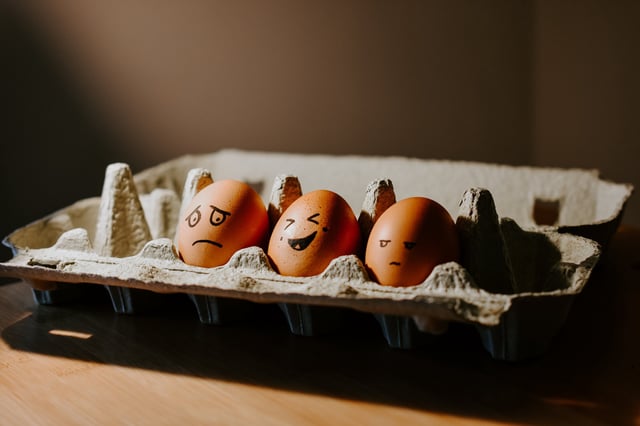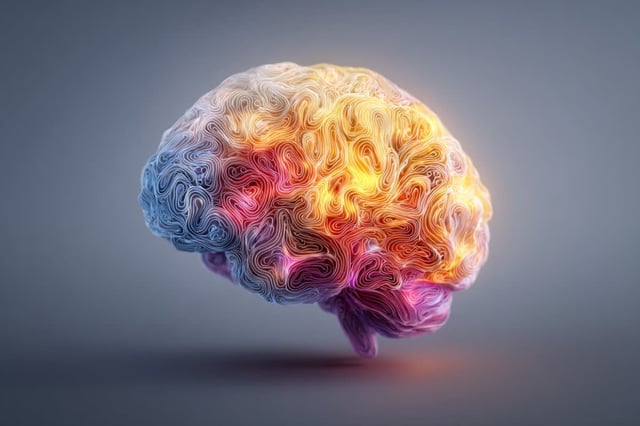Overview
- On July 7, Xi Jia and colleagues at Hangzhou Normal University and Nanjing Normal University published their results in the Journal of Neuroscience.
- Participants completed three study sessions in which abstract squiggle figures were each paired with positive, neutral or negative images.
- Brain imaging revealed that positive-emotion pairings during learning enhanced neural reinstatement patterns associated with memory.
- The strength of these reinstatement signals during encoding reliably predicted how well participants remembered the neutral images one day later.
- The findings demonstrate that positive affect can bolster memory consolidation even for otherwise meaningless material through repeated learning.

